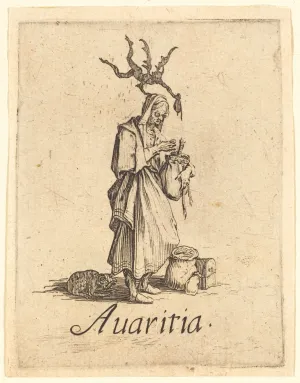
Gustave Doré’s engravings illustrated the Divine Comedy (1861–1868)
Does this question even counts as a question? Or is this a pseudo-proposition? Paying for what we consume is so baked into our behavior that it feels like a reflex, a biological imperative⚡. This exercise question is from the book Microeconomics.
Remark
The original question was “Why do we have to pay a price for most of the goods we consume”?
My gut tells me this is about resource, supply and demand. Forgive me, I don’t want to start thinking like that since that’s probably correct, in the meantime, too boring, too predictable, too textbook🙄. Instead, I would like to treat it as a brain massage. Let’s invert it, as Charlie Munger loves to say, borrowing from Carl Jacobi : “Invert, always invert”.
In reality, we know that:
we have to pay a price for the good we consume.
If we invert it:
we don’t have to pay a price for the good we consume.
No one need to pay in this inversion world. Sounds like a utopia, isn’t it? I walk into a store and grab a PlayStation without hesitation.
But wait, I am not the only lucky dog and everyone else can do the same. The PlayStation would be instantly “sold out”, long before the dream of one-person-one-PlayStation.
avaritia
greed is an inordinate desire to acquire or possess more than one needs

Seven Capital Sins [Lieure 354-360] ©️ Rosenwald Collection
Mathematically speaking, we hit a contradiction. Human desire is infinite leading to overconsumption but the resources needed to produce PlayStation are limited. This is not utopia - it’s inferno.
The price acts as a mechanism to prevent overconsumption, balancing scarce supply with overwhelming demand. It’s not just about fairness. It’s about keeping the whole system from collapsing.